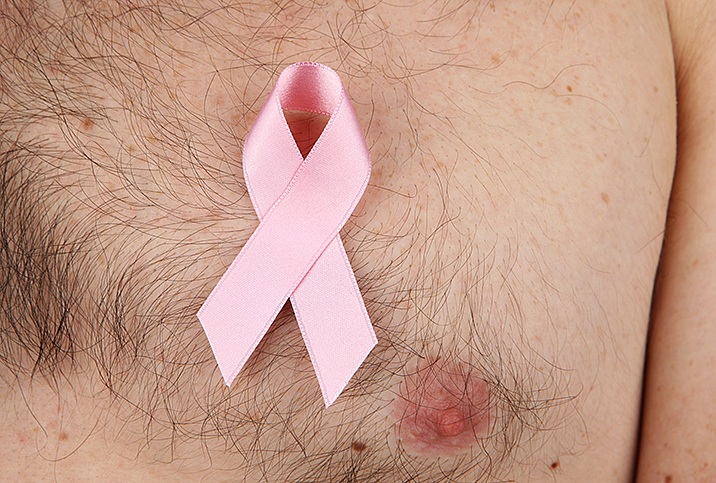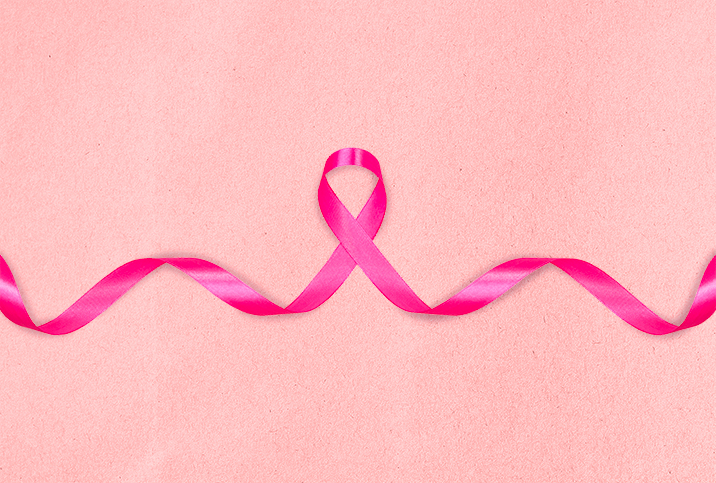Breast Cancer: Myths & Misconceptions

Breast cancer is a disease that occurs when cancerous cells develop and proliferate in the breast tissue and attack healthy cells; sometimes, those cells spread to surrounding areas. According to the American Cancer Society, 1 in 8 women in the United States—or 13 percent—will develop breast cancer at some point in their life.
Over the years, people have become increasingly aware of breast cancer as the disease has touched them or someone they know. However, as awareness grows, so, too, do the myths and misconceptions about breast cancer.
Here, we tackle five common myths about breast cancer, so you can be as informed as possible.
Myth: Only women get breast cancer.
Reality: While it’s true that breast cancer is more commonly found in women, that doesn’t mean men aren’t at risk of the disease, too. In fact, statistics show that a man in the United States has a 1 in 833 lifetime chance of developing breast cancer. It’s important that men also be aware of the symptoms of breast cancer, so they can keep an eye out for any potential signs of the disease and know when to consult a doctor.
Myth: If I don’t feel any breast lumps, I can skip my mammogram.
Reality: Some women mistakenly believe that as long as they don’t feel any lumps in their breasts during a self-exam or experience any other obvious symptoms of breast cancer, then they can safely skip their next mammogram. However, it’s important to remember that breast cancer does not always cause lumps. And according to Breastcancer.org, the disease often doesn’t cause lumps until it has already spread past the breast and into the lymph nodes. Image screenings such as mammograms often help detect breast cancer before it has progressed enough to cause any outward signs or symptoms. So while regular self-exams can be an important part of monitoring your own health, they are no replacement for regular, preventive healthcare checkups.
Myth: I’m only at risk of breast cancer if it runs in my family.
Reality: Individuals with a family history of breast cancer are certainly at a higher risk of the disease, but a majority of people who get breast cancer have no family history of breast cancer at all, according to healthcare organizations. Everyone has at least some chance of getting breast cancer, but women in particular are at a greater risk of developing breast cancer simply by being women and by aging—even if they don’t have any personal or family history of the disease.
Myth: Wearing underwire bras can cause breast cancer.
Reality: It has long been speculated that wearing bras, particularly bras with underwire, can lead to breast cancer. The reason behind this myth varies depending on who you ask, but one common thread among the different theories is the idea that underwire bras can impede the flow of lymph fluid out of the breast, causing toxins to accumulate in breast tissue and eventually develop into cancer. That sounds scary, but don’t throw your bras out just yet! Studies have found no link between wearing a bra and increased risk of breast cancer.
Myth: Underarm antiperspirant causes breast cancer.
Reality: You may have noticed the recent rise in marketing for aluminum-free antiperspirants and all-natural deodorants. Well, this myth is the reason why. For years, people have speculated that underarm antiperspirants can lead to breast cancer. How? Well, they prevent you from sweating, and thus toxins might build up in your lymph nodes and make their way into your breast tissue, along with the chemicals common in deodorant, such as aluminum.
The good news is that, as of now, there is no known link between underarm antiperspirant and breast cancer. However, it’s understandable to worry about the chemicals in your hygiene products and how they might affect your long-term health. Research on this topic is still being conducted, but while your deodorant likely won’t cause you to get breast cancer, you can definitely opt for one with fewer chemicals, if that eases your mind.
Breast cancer is undoubtedly scary, but being informed about the disease and understanding the symptoms can help you feel empowered to take preventive care. Always make sure you have the facts, and never let common misconceptions stop you from being properly informed about your body and your health.


















